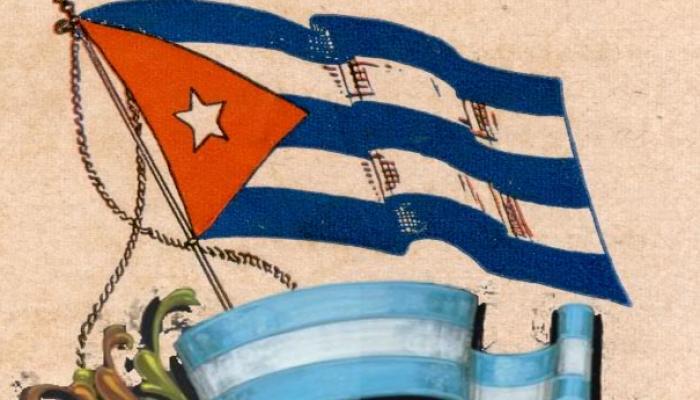Buenos Aires, Aug 29 (PL-RHC), -- Argentina and Cuba identified Thursday that they have opportunities for integration and complementation in branches of medical services and drug manufacture, in a cooperated production, to supply third markets production.
This was the main conclusion of a visit to Argentina by a delegation composed of specialists from the Group BioCubaFarma and Cuban medical services companies, the Commercial and Economic Advisor, Jorge Risquet Valdés Jiménez said.
They spoke with authorities and institutions in six provinces, Buenos Aires, Santa Fe, Chaco, Entre Ríos, Chubut and Misiones, in which more than 60 percent of the country's population is now living.
They also met with 16 public and private labs of different capacities and scales of production.
Argentina and Cuba have conditions to continue integrating through programs of cooperation in public health at national, provincial and municipal level, and the trade of drugs and medical services, as a strategy of bilateral interest and mutual benefit, said Valdés Jiménez.
To illustrate a possibility of integrated cooperation, the Cuban advisor stated that the Dr. Tomás Perón Institute manufactures a vaccine that Cuba does not produce, and it is important for its medical profile of 13 immunizations.
Meanwhile,the children Hospital of La Plata became interested in the Cuban stereotactic technique for application in infant neurological surgery.
There is a coincidence of interests that can be complemented for mutual benefit, said Valdes Jimenez.
In the field of the production of medicines, there is also the possibility of integration for the cooperated production of medicines to third markets.
In terms of medical services, the Argentine part became interested in rehabilitation considering the good Cuban experience, especially in advising and training by specialists from the island.
In fact, the Cuban representation offered places for the training of Argentinean technicians in this specialty.
Valdés Jiménez said that Cuba remains committed to the purchase of food products in Argentina, and said that by the end of 2014 the island will be imported - including 2013 and 2014-more than one million tons of food, mainly corn, soy and powdered milk.


